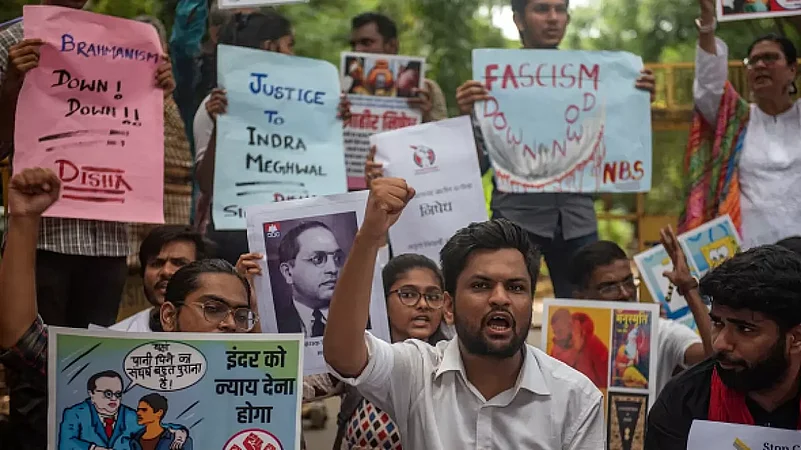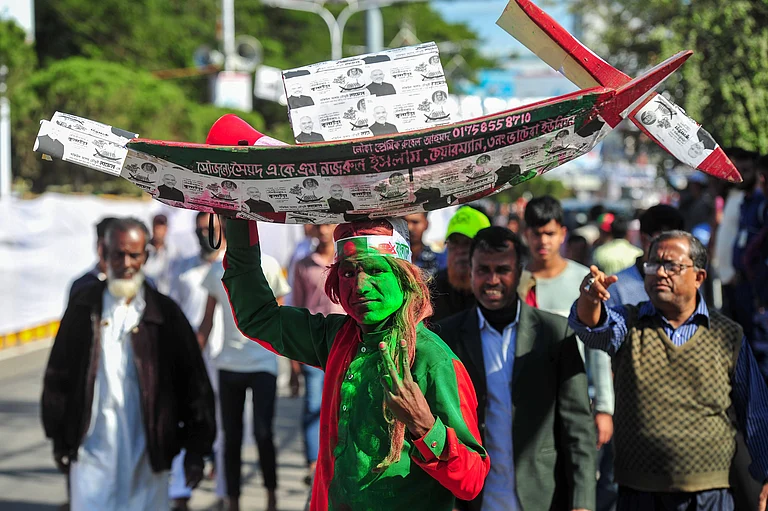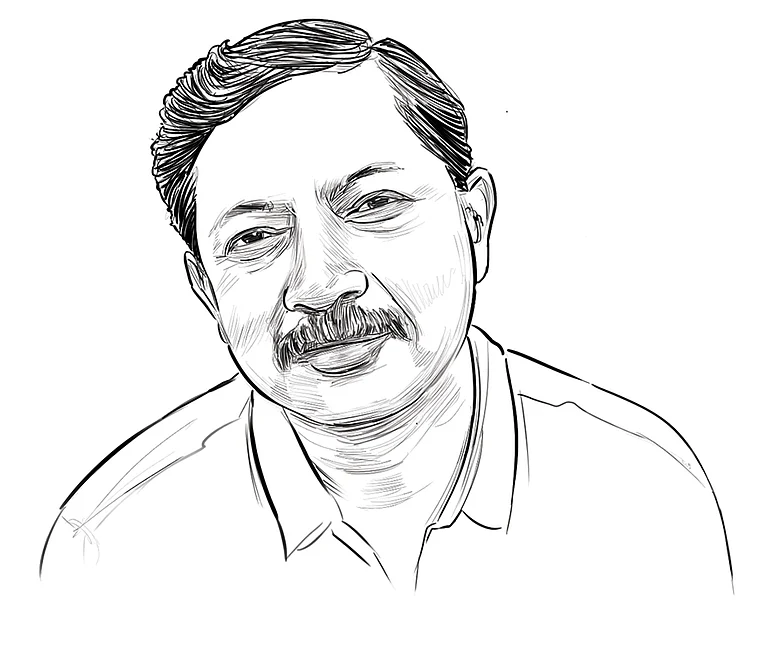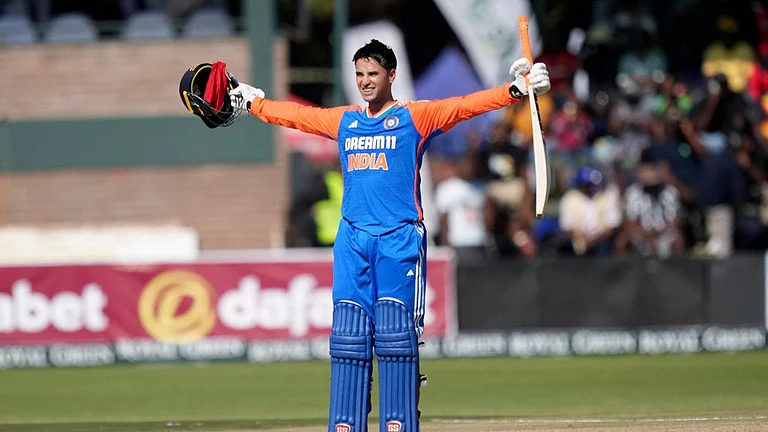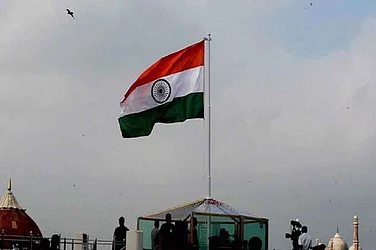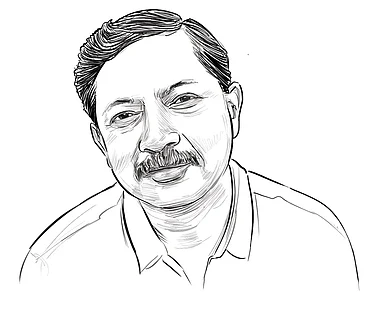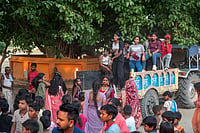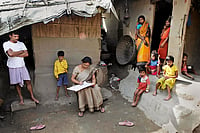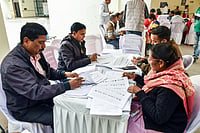In the past four years, crimes against scheduled tribes (STs) by non-tribals reported under the Scheduled Caste and the Scheduled Tribes (Prevention of Atrocities) Act increased by a third, according to the ‘Crime In India 2022’ report of the National Crime Records Bureau (NCRB).
Madhya Pradesh, Rajasthan, and Odisha topped the states with the most crimes against STs. The rate of increase in the three states was above the national average of 33 per cent.
Nitin, an activist at the Jagrit Adivasi Dalit Sangathan, attributes the increase to both an actual rise in crimes against tribals and also to increased registration of cases by the police. He, however, notes that it’s a layered situation as the tribals have to organise themselves at places to force the police to register the cases.
Crimes Against Tribals In Numbers
In 2019, the base year in this case, the number of cases under SC/ST Act stood at 7,655. It increased to 10,055 in the year 2022, an increase of 32.91 per cent.
In the same period, the increase in Madhya Pradesh stood at 54.9 per cent. The cases increased from 1,922 in the year 2019 to 2,979 in the year 2022. The increase in Rajasthan stood at 40.28 per cent where cases went up from 1,797 in 2019 to 2,521 in 2022. In Odisha, 576 cases were reported in 2019 which increased to 773 cases in 2022.
The figures assume importance as they show that while crimes against tribals have increased, more people are also coming out to report the cases in various police stations across the country at the same time, particularly in states like Madhya Pradesh. Notably, the state has the largest tribal population for any state at round 1.5 crore. The year-on-year rise in MP from the base year 2019 to 2022 stood at 25 per cent, 9.4 pe rcent, and 13.39 per cent respectively.
More Cases Being Reported But Ground Reality Is Complicated
Nitin of Jagrit Adivasi Dalit Sangathan says that while there is an increased registration of crimes, the situation is not simple.
“The trend is not true for the entire Madhya Pradesh. In Western MP, tribals have to organise themselves and register their protest to assert their agency. This leads to the building of pressure on the government and forces the police to register cases,” says Nitin.
Nitin further says that tribals have been active politically in the past few years. He adds that there have also been instances where the political parties have ensured that crimes against tribals don’t go unpunished — at least from the point of view of public perception.
In July, then-MP Chief Minister Shivraj Singh Chouhan came down heavily on an upper caste man who had urinated on a tribal man in Sidhi district. Pravesh Shukla was captured in a video urinating on the man which led to his arrest and authorities invoked the National Security Act —where an accused can be put under detention for up to a year without trial— and SC/ST Atrocities Act besides other charges.
Nitin, however, emphasises that there are various instances of land conflicts against the state where the cases don’t usually get registered.
In Rajasthan, the NCRB report stated that 1797, 1878, 2121, and 2521 cases under SC/ST Atrocities Act were registered in the years 2109, 2020, 2021, and 2022 respectively. The overall increase from the base year to 2022 was 40.28 per cent.
Hansraj Meena, working on the rights of Dalits and Adivasis based in Rajasthan and founder of Tribal Army, says that 10-15 per cent of the cases are still not being registered despite several interventions. However, when asked about his interpretation of the NCRB data, given that more cases also mean that the police are filing more and more cases —like in MP and Rajasthan which saw different governments in the last five years— Meena says, “Feudal mindset to suppress the people at the margins persists cutting across the governments and importantly many important posts are held by such people. In Rajasthan, the so-called royal lineage does not accept people from margins as their equals.”
Meena emphasises that registration of cases should not remain the only aim. Rather, the focus should remain on filling administrative posts from tribals, Dalits, or minorities to attain justice, says Meena.
“An ecosystem needs to be created so that the victims get all legal help and the prosecution, the judges look at those cases without any bias,” says Meena.
In Odisha, cases under SC/ST Act in 2022 stood at 773, while in 2021 the cases were 676; 624 in 2020, and 576 in 2019.
Deme Oram, President of Anchalik Surakshya Committee, says that the cases in Odisha do not reflect the ground reality.
“Some incidents are getting reported now compared to say five years ago. However, the ground situation is very different from that of the NCRB records as many cases go unreported and it requires a lot of influence to get the cases registered,” says Oram from Bondamunda in Sundargarh district.







